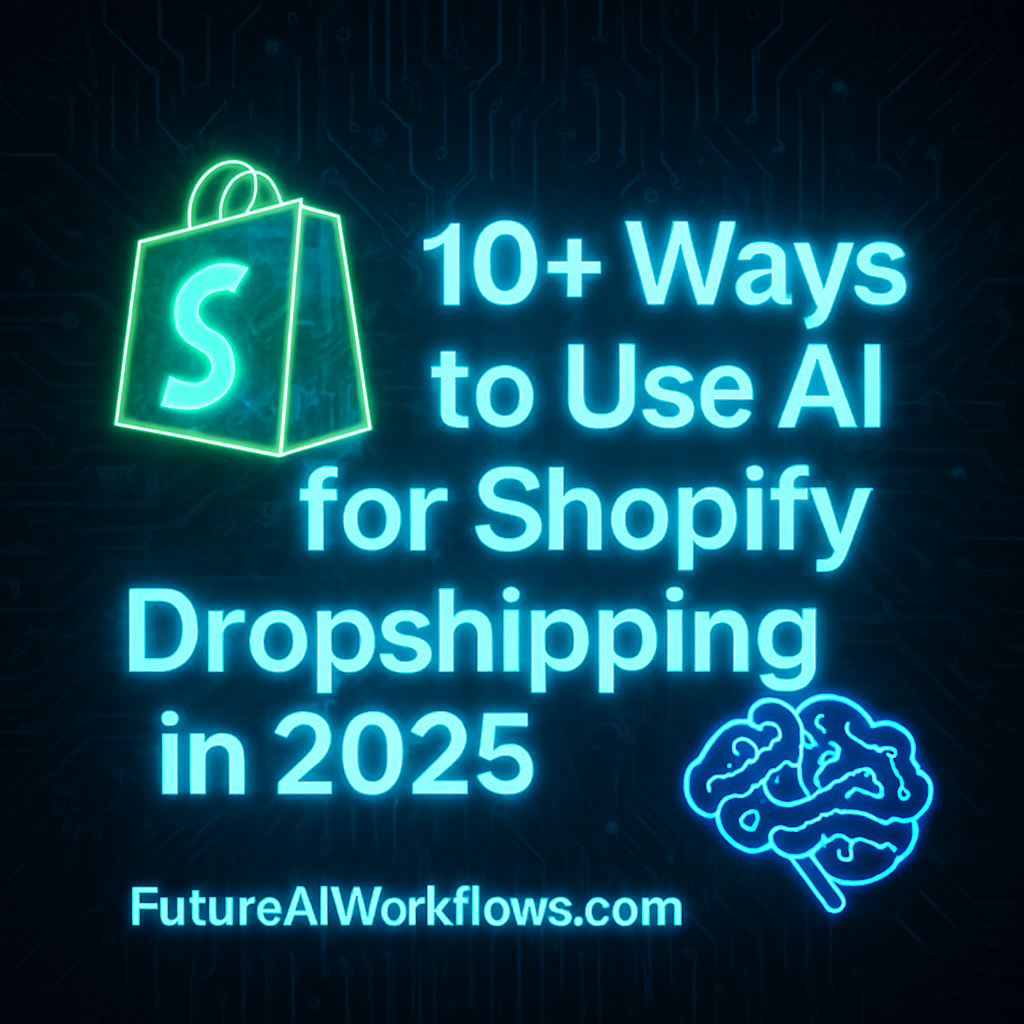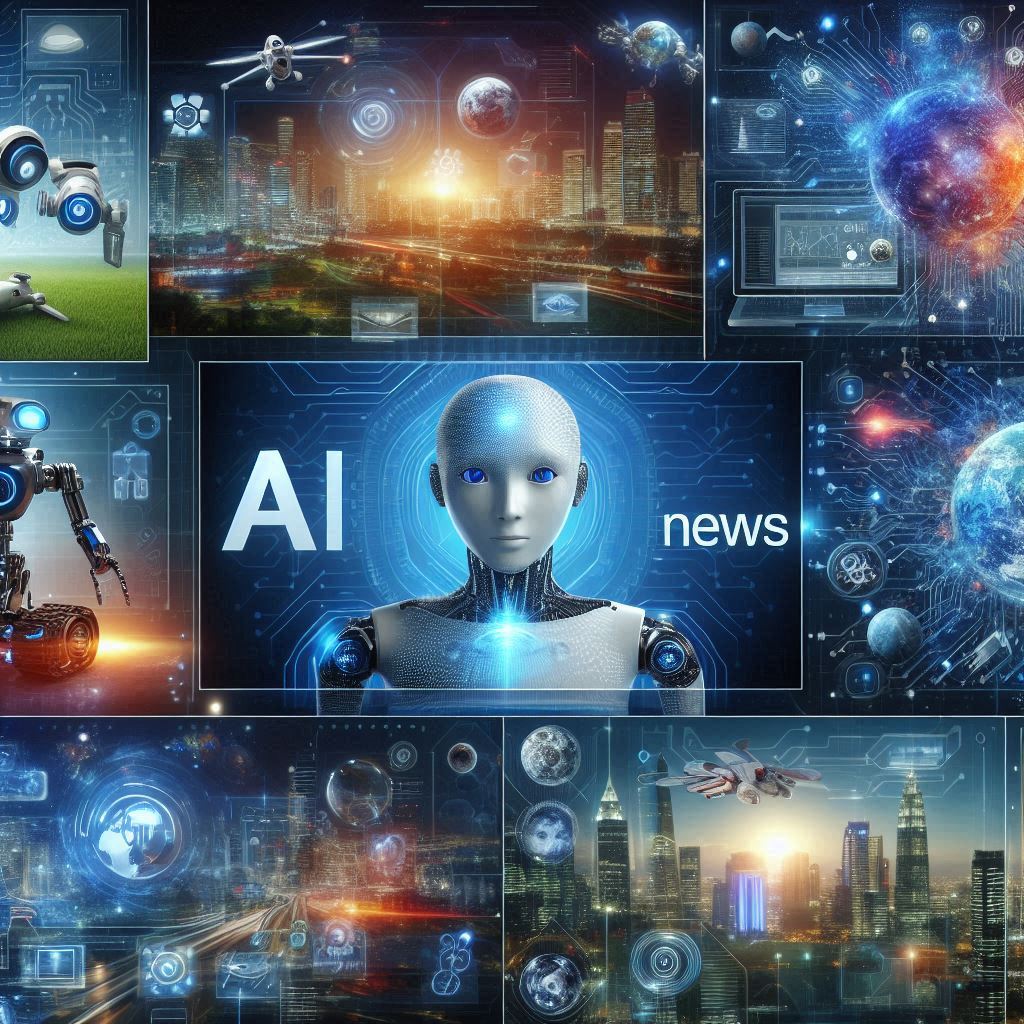In the age of instant gratification, customer support has become the frontline of brand perception. With rising expectations for 24/7 availability, personalized service, and quick resolutions, traditional support models are straining under the weight of demand. Enter AI agents—the vanguard of a new era in automating business with AI.
These intelligent virtual entities are not just chatbots with scripted replies; they are dynamic problem solvers powered by advanced language models and workflow automation, capable of handling complex customer interactions, reducing operational costs, and improving customer satisfaction. As part of the broader movement toward intelligent AI workflows, AI agents are redefining the future of work in customer service.
What Are AI Agents? A Simple Explanation
Think of an AI agent as a digital team member trained to understand, reason, and act within specific tasks. Unlike traditional bots that follow rigid scripts, modern AI agents leverage generative AI and machine learning to understand context, engage in natural conversation, and even initiate tasks like ticket creation, returns processing, or upselling—without human intervention.
They operate by:
Understanding user intent via natural language processing (NLP)
Accessing databases or APIs to fetch real-time information
Making decisions or escalating to humans when necessary
Learning from past interactions to improve over time
The result? A continuously improving, 24/7 virtual support staff that integrates seamlessly into existing customer service workflows.
Real-World Use Cases: From Cost Center to Value Driver
Companies across sectors are already reaping the benefits of AI agents:
E-commerce: Shopify merchants use AI agents to handle common queries about orders, returns, and delivery times, reducing support tickets by up to 60%.
Telecom: Verizon and T-Mobile deploy AI-powered assistants that troubleshoot connectivity issues and process billing inquiries, significantly reducing call volumes.
Banking: Institutions like Capital One use AI agents to assist with fraud detection, password resets, and financial guidance—enhancing customer trust and efficiency.
SaaS: Platforms like Intercom and Zendesk now offer AI-first support solutions that triage, resolve, and route issues intelligently.
These examples illustrate how AI agents are turning support from a reactive cost center into a proactive value driver.
Benefits and Challenges of Adopting AI Agents
Benefits:
24/7 Availability: Always-on support with instant responses.
Scalability: Easily handles spikes in customer demand without hiring more staff.
Consistency: Delivers uniform responses, minimizing human error.
Cost Efficiency: Reduces staffing and training costs.
Improved Customer Experience: Faster resolution and personalized service.
Challenges:
Implementation Complexity: Integrating with existing systems and data can be challenging.
Training and Tuning: AI agents require ongoing refinement to handle edge cases and brand-specific nuances.
Customer Trust: Some users still prefer speaking with a human, especially for sensitive issues.
Data Privacy: Ensuring AI compliance with GDPR and other regulations is essential.
How to Get Started: A Quick Implementation Guide
Assess Your Needs: Identify repetitive tasks or high-volume touchpoints in your support flow.
Choose the Right Platform: Opt for AI tools that integrate with your CRM, help desk, or existing support stack (e.g., Salesforce, Zendesk, HubSpot).
Start Small: Launch an AI agent for a specific function—like order tracking or FAQs—before expanding its responsibilities.
Train and Monitor: Feed it data from past tickets, refine its knowledge base, and monitor performance.
Blend Human + AI: Use AI for triage and routine tasks, with seamless handoffs to human agents when needed.
Future Outlook: What’s Next for AI in Customer Support?
Looking ahead, AI agents will become more autonomous, multimodal, and emotionally intelligent. They’ll be able to detect frustration through tone analysis, support users via voice and video, and handle full support cycles—from initiation to resolution—with minimal oversight.
As businesses strive to stay competitive, embracing AI workflows in customer support will not be optional—it will be essential. The companies that win the next decade will be those that not only adopt AI but deeply integrate it into the heart of their customer experience strategy.
Final Thoughts
The transformation brought by AI agents isn’t just a technical upgrade—it’s a strategic shift in how we think about service, productivity, and customer relationships. By adopting AI now, businesses are not just solving today’s problems—they’re future-proofing their operations for what’s to come.
Ready to redefine your customer support strategy? The future of intelligent workflows starts today.






